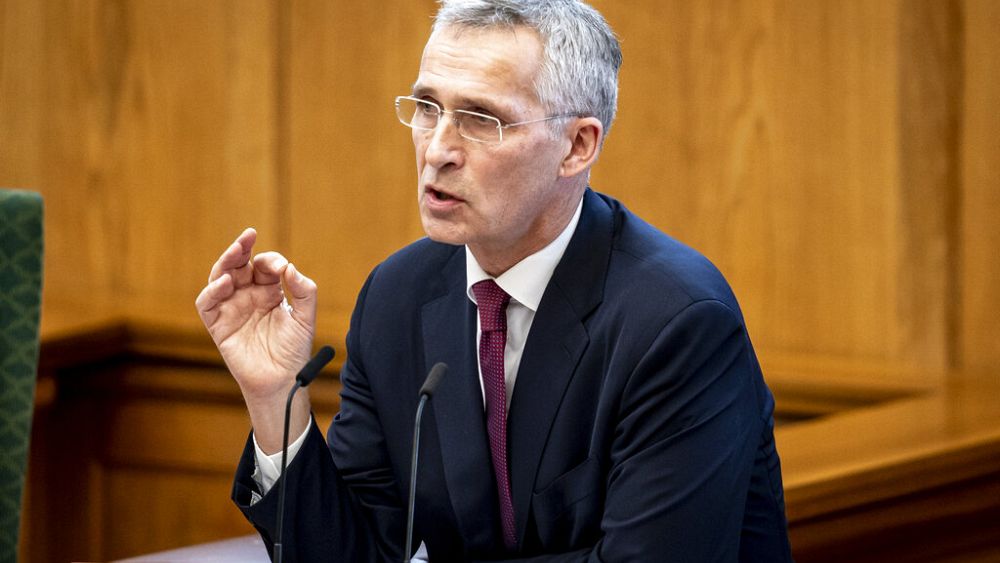
The European Union has been focused for weeks on Belarus as the situation kept getting worse on the northeast side of Europe, but tension is building up also on the east.
Ukraine gets back to the spotlight and once again Russia is accused of a military build-up on the Ukranian border. Which deepens the risk of an attack to the country.
“We call on Russia to be transparent about its military activities,” NATO’s chief Jens Stoltenberg said on Monday.
Stoltenberg, who met with Ukrainian Foreign Minister Dmytro Kuleba in Brussels on Monday, insisted that “it is important to prevent escalations and reduce tensions.”
The NATO chief avoided speaking about a possible invasion but warned about “a significant, large Russian military build-up.”
The concentration of troops is “unusual”, Stoltenberg stressed, but Moscow has rejected accusations it has increased its military presence with the goal of invading the country.
Kuleba demanded that the crisis not be isolated from tensions occurring elsewhere in Europe.
“The use of migrants as a weapon against Poland, against Lithuania and in a broader sense against the European and Euroatlantic community, the energy crisis in Europe, the disinformation and propaganda campaigns aiming at showing divisions in the European countries”, these are some of the examples for what Kuleba argued is “a part of a broader strategy of Russia to shatter Europe and create the conditions where Europe will be tempted to make concessions to Russia”.
But EU Foreign Policy chief Josep Borrell avoided making a connection about what’s going on in both countries although he emphasised that he does not trust Russian President Vladimir Putin.
“Frankly speaking I don’t believe that [Belarusian President Alexander] Lukashenko could be doing what he is doing without the strong support from Russia,” the bloc’s top diplomat said during a press conference in Brussels on Monday.
According to analyst Fabrice Pothier from Rasmussen Global, Putin is on track to achieve his short-term goal and has been following this path for over a decade. “There could be a decision of indeed making some military incursions,” Pothier warned, urging the EU to not “get it wrong a second time”.
Putin is, in Pothier’s opinion, keeping “Ukraine weak again” and questioning its support from the West. NATO’s chief warned about the dangerousness of the situation. If Russia decides to attack Ukraine there won’t be much warning time.